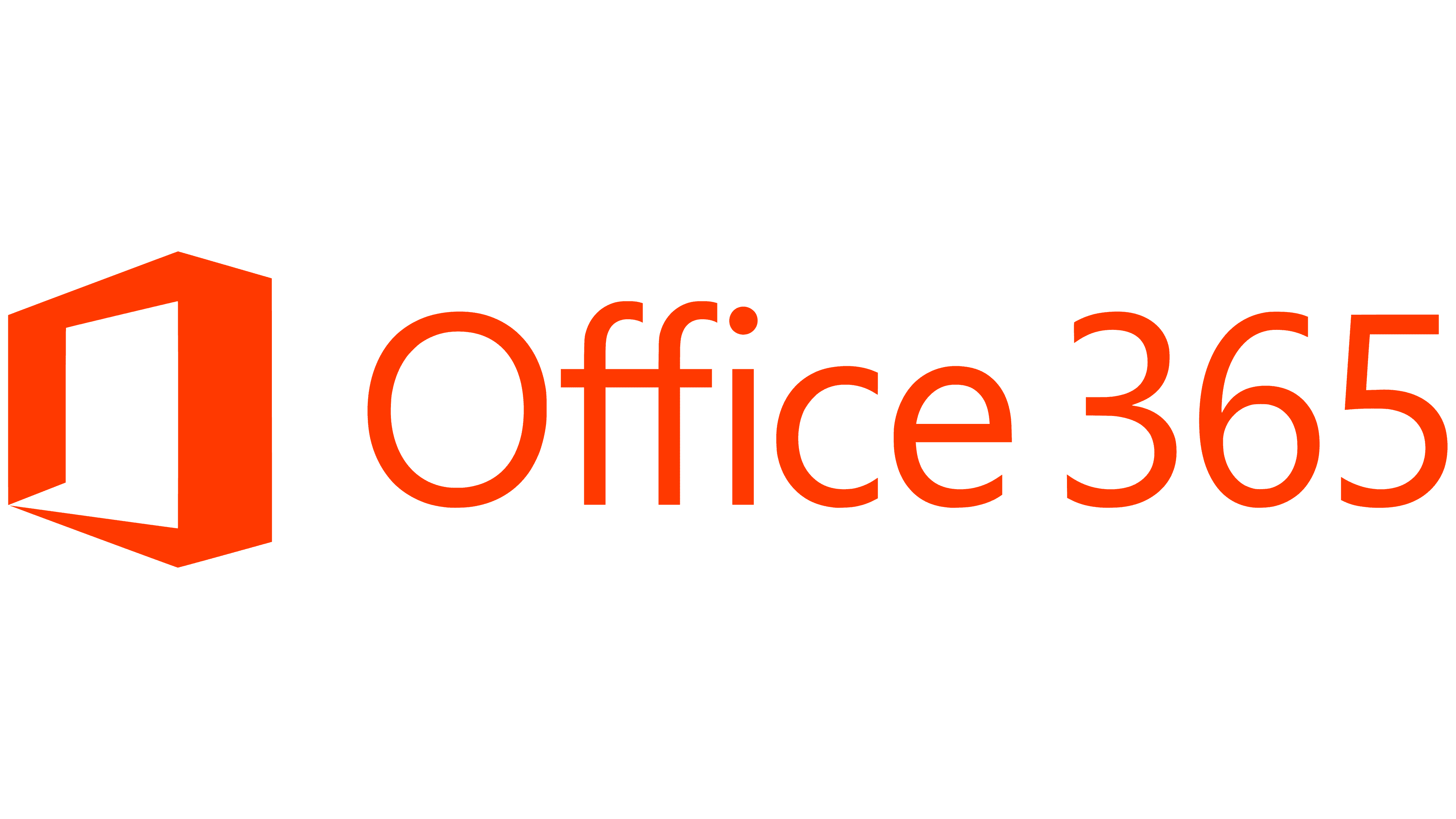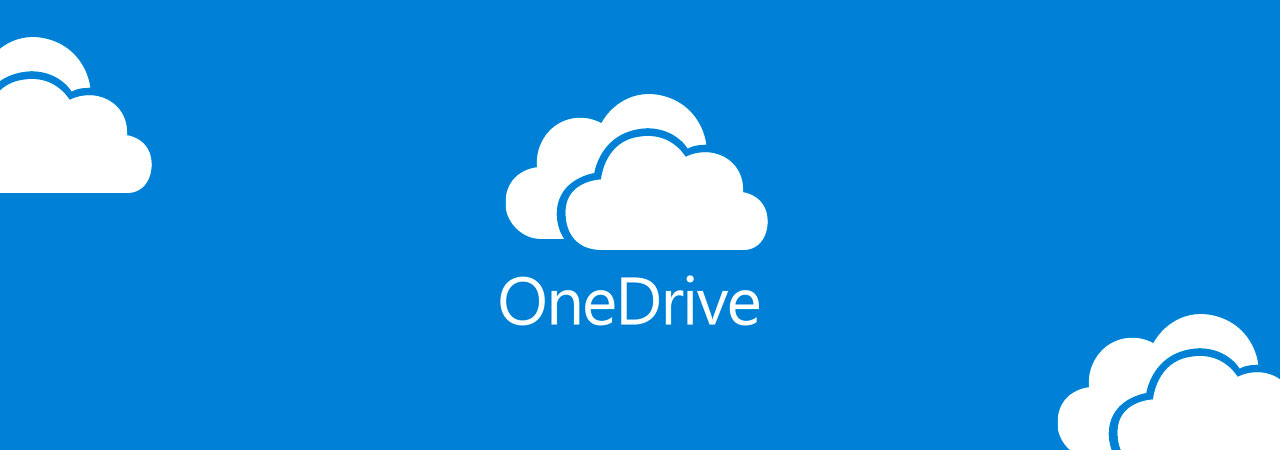Have a Technology Question?

Email: lawsupport@gmu.edu
Call (703) 993-4855 to leave a voicemail and receive a callback.

We're proud to have GMU's best IT team! The Law Library’s Technology Services staff can help students resolve problems with their laptops, email accounts, networking issues, and software. If you have any technology questions, please email them at lawsupport@gmu.edu.
The law school's faculty use Zoom, Canvas, and Microsoft Teams for remote classes. Below are some resources to help you get started.
For computer guidance, please see the Recommended Laptop Specifications chart.
Zoom — gmu.zoom.us
Microsoft Teams — mso365.gmu.edu
Recommended Laptop Specifications
Below is a list of minimum and recommended laptop specifications needed to use the law school's software and online meeting platforms. If you have questions about your laptop and other equipment purchases, please contact the law school's Technology Services staff at lawsupport@gmu.edu.
Please visit Speedtest for a test of your internet bandwidth. The minimum requirement is 50-75 Mbps (upload/download), and the recommended bandwidth is higher than 75 Mbps.
We also recommended a laser or inkjet printer.

Email Accounts and Listservs

All students receive a school email account upon enrolling at Scalia Law. Your account is hosted by Microsoft on its Office 365 platform. Your email address will look like this: username@gmu.edu.
Under Academic Regulation 3-8: it is expected that every student regularly check his/her school email account, as it is used for all Scalia Law communications, including emergency notices as well as academic, student organization, physical plant and career information. There are no excuses for missing deadlines or other important information due to failure to read emails sent to student email accounts.
Before orientation, you will be automatically subscribed to one of the law school’s student listservs. The listservs are one of the most important vehicles for communication within the law school. Students will receive Scalia Law listserv messages from the following five accounts:
For more information, see Mason Email and be sure to read this document:
Laptop Exams

The law school uses ExamSoft’s Examplify which allows students to use a personal laptop to take their exams and is made available free-of-charge. Exam answers are saved over the Internet to a remote server, so your laptop will need to have a working wireless card. For minimum requirements for laptops running Windows or MacOS, see Examplify Minimum System Requirements. Please note that Windows emulators like Parallels, Virtual PC, or VMware MAY NOT be used with Examplify. The law school's version of Examplify does not support tablets, iPads, or Chromebooks. Surface Pros running Windows 10 or 11 are supported provided "S" mode is not enabled.
For more information, visit the ExamSoft website or contact our Technology Services staff at lawsupport@gmu.edu. Before purchasing e-Casebooks, check with your professors to make sure that you will be able to use the e-Casebook (as opposed to print) if they decide to hold an open book exam.
Software

For word processing, we recommend that you use Microsoft Office. The university provides all Mason students with access to Microsoft Office 365 at no cost through Microsoft 365 Apps for Enterprise. Currently enrolled students can download Office 365 from their MasonLive email account and install the program on up to five computers and five mobile devices. The software is free as long as you are a current student. The university's Barnes and Noble Bookstore also provides discounts on software through its thinkEDU website.
We also strongly recommend that you use virus-protection software on your computer, particularly if you are a Windows user. See The Best Free Antivirus Protection for 2021 from PC Magazine for recommendations. For Mac users, PC Magazine has published this article: The Best Mac Antivirus Protection for 2021. The University's IT department recommends the following anti-virus software for personal computers: Windows: Avast, AVG, Sophos, Microsoft Defender Antivirus; Mac: Avast, AVG, Sophos.

The University provides Microsoft OneDrive, bundled with your online version of email, to store and retrieve files from anywhere you can access the internet.
Microsoft OneDrive is a service of Office 365, the university's email system. It provides a document library for up to 1TB of cloud-based storage, and uses Office 365 to store Mason-related files in the cloud. This facilitates access to your files and collaboration from anywhere and from multiple devices. It is fully supported by the ITS Support Center and can be accessed through your Office 365 account.
Data stored within OneDrive is not backed up by George Mason University. Account holders are responsible for backing up their own data and preserving copies of important files.
To learn how to share a OneDrive document, please refer to our How to Share a File/Folder Using OneDrive video.
For more information, visit the OneDrive Classroom Technology page.
Wireless Network and Connections for Laptops

Most of the library’s study carrels and tables are wired with electrical outlets for laptop computers. Many tables and all carrels on the second floor also have USB connectors. The library has a wireless network that covers all four floors. Access to the network is limited to Mason users who must login using their Patriot Pass username and password. Be sure to add the preferred network eduroam or Mason-Secure when logging in to the wireless network.
For more information, see Wired & Wireless Networking.